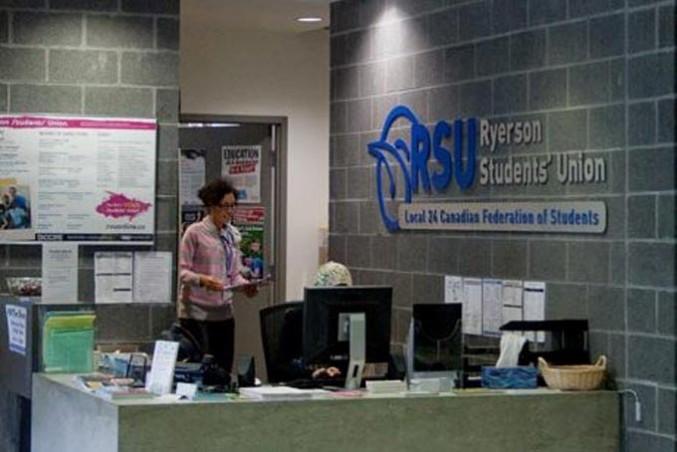By Jake Kivanc
The introduction of a motion at the Ryerson Students’ Union (RSU)’s semi-annual general meeting last week to have an acknowledgement of First Nations lands stricken from the opening statements of future meetings is one that an indigenous student group said is “a shocker.”
The motion, which failed to pass and was introduced by a student who did not end up attending the meeting, asked the RSU to no longer recognize the Mississaugas of the New Credit First Nation as owners of the land that Ryerson sits on.
Although not at the meeting, Indigenous Students Association (ISA) communications director Jamie Lee Morin said that when the group heard news of the motion, they were taken aback.
“We were shocked,” she said. “I’ve never seen anything like this on campus. I haven’t at all. That’s why it really threw me to the side when I heard about it, because this seems to be the exact opposite direction where we should be going as a campus.”
Morin said that the only criticism the ISA has heard of in the past on the matter was that of internal disputes between different native groups claiming nuances in the actual ownership of the land, but that no one has directly contested the claim before.
“People sometimes contest who [the owners] are because there are some groups that will say that there was only one group that was there when, in reality, it’s actually closer to three or four,” she said. “There’s conversation over whom to acknowledge, over the peoples who were inhabiting [the land]. That’s the only conversation I’ve heard. I haven’t heard conversation over whether it’s relevant or whether [the motion] should be used on campus.”
Despite the nature of the request, RSU president Rajean Hoilett said that the university has made strives to improve upon the recognition of aboriginal land.
“There’s been the opposite sort of movement on our campus,” he said. “We see a university now where faculty, bodies on campus that are not the students’ union, have also taken to acknowledge the land that we’re on.
The RSU’s statement of recognition, which Hoilett said has existed for a number of years, pays tribute to the indigenous group’s original ownership of the city’s land before its questionable purchase by the British crown in 1787.
The Toronto Star reported in 2010 that, after decades of legal battle, a $145-million settlement was agreed upon as reparation to the group, for what is seen as a historical wrong by many on the part of the British.













Leave a Reply